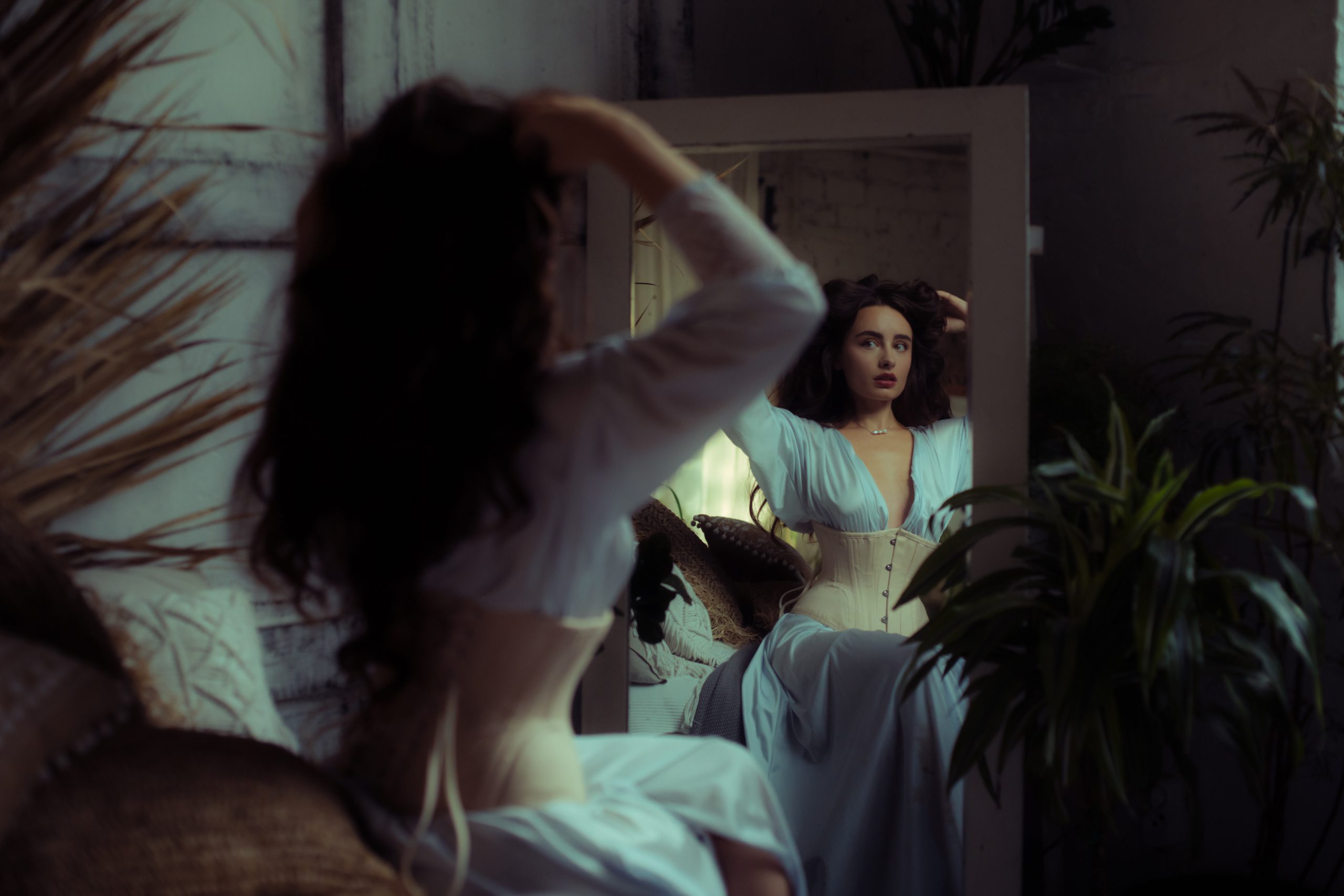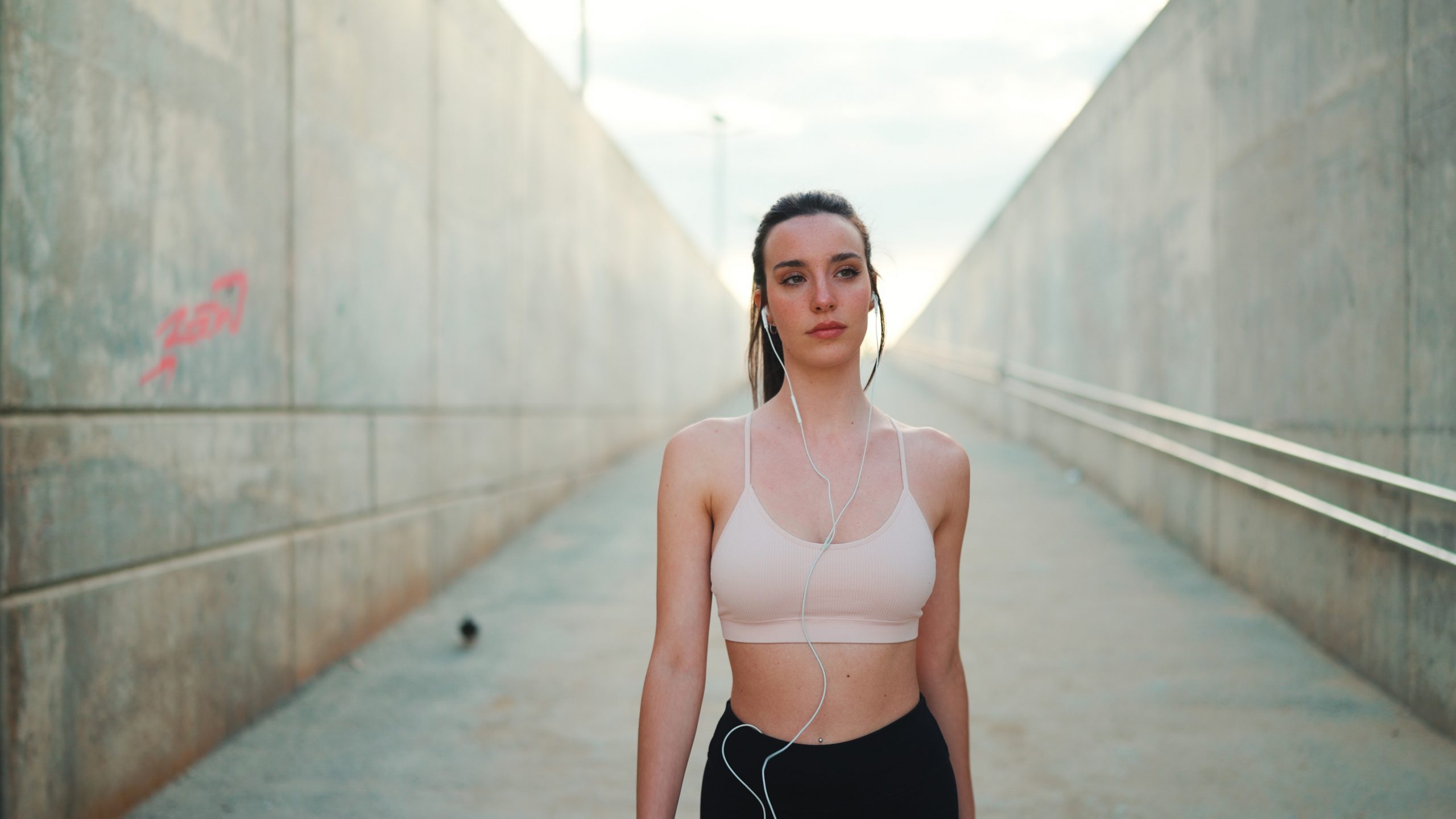
Oh, to be a Black person trying to make it in the film industry in a predominately white society. The realities are soul-crushing, so the best one can do is go full Donald O’Connor and make ‘em laugh. In the case of “Dreaming Whilst Black,” a Black British comedy series adaptation of the BAFTA-winning web series of the same name, writer/star Adjani Salmon solemnly satirizes the Black dream pursuit.
If Boots Riley’s surrealism was Frankensteined with Issa Rae’s complex interpersonal demeanor, all with a British brain attached, “Dreaming Whilst Black” (co-produced by A24) would be the outcome. In this easily binge-able six-episode series, Salmon and his writing team continue the streak of Black TV excellence (“Insecure,” “Rap Sh*t,” “Killing It”) with a hilarious and authentic portrayal of being a self-made, millennial, creative trying to follow their dreams and how far they’re willing to go to achieve them.
The series begins with Kwabena (Salmon)—referred to as Kwabs—an aspiring filmmaker of Jamaican descent dreaming about being a prestigious filmmaker on a set, making the magic happen. But alas, he’s working a dead-end job in recruitment with a predominantly white staff who abuses the ‘micro’ in micro-aggression. After a one-two punch of a run-in with Amy (Dani Moseley), a producer friend from his film university days, and a very racist karaoke session with his co-workers, Kwabena quits his job and returns to pursuing a filmmaking career. But a few things hold him back: being broke, taking freelance jobs such as working as a food-delivery person for a Doordash-esque company, various other stressful situations, and most importantly, being a Black male in a white country that thirsts for Black trauma flicks over nuance.

Kwabena is also just beginning a romance with a woman he met on the bus named Vanessa (Babirye Bukilwa), and he shares a flat with his brother Maurice (Demmy Ladipo), who is preparing for fatherhood with his wife Funmi (Rachel Adedeji). Meanwhile, Amy faces a similar dilemma in her media job, where she encounters many instances of discrimination ranging from a coworker trying to touch her hair—the biggest no-no in the Black woman textbook—and taking on extra work from her co-workers and boss (Peter Serafinowicz).
Kwabs and Amy’s funny misadventures to make their passions into realities bear far too much equivalence to the underdog experiences African Americans pursue. Every so often, this critic kept writing down the “American Dream,” but every British accent had me crossing out “American.” Like recent anti-capitalist shows centered on Black leads trying to get by, such as “Killing It” and “I’m a Virgo,” the series’ surrealist British wit creates unique, thoughtful discussions on the Black culture across the pond. Specifically, that usually boils down to expressing the overall BS that British Black folks must endure to succeed, let alone make a stable financial living. From the production company executive rooms that Kwabs tries to get funding from to Amy’s workplace surroundings, the correlation makes for an enticing character study on the sacrifices these aspiring filmmaker pals make to get their names out there.
“Dreaming Whilst Black” admittedly becomes overbearing in its reliance on observant “performative white people” humor. One could make a drinking game on how often white people’s lack of cultural awareness is used as the punchline and blackout halfway through the second episode. But despite how much I want to mark that lazy humor element against it, these American eyes remembered whatever microaggression Black Americans experience is exceedingly worse in Britain. There’s minimal—emphasis on minimal—progress in white American mindfulness. In contrast, white Europeans are so clueless with a capital C that the show openly criticizes unaccountability legislation, 2022’s “Political Impartiality in Schools,” as proof. I couldn’t even dream of other discriminatory details like white people commenting on the Caribbean food people of color bring to work.

Apart from its satire, the show also finds its stride in being a smart and charming millennial-driven comedy with likable, relatable characters who speak to a culture unexplored in media. When it’s not rearing its head within the entertainment world, some of the show’s best aspects are set between Kwabs and the interpersonal relationships with people in his orbit. The comedic banter between Salmon and his co-stars is full of lively personality and charm that it’s difficult not to crack a smile every so often. And the show has teary-eyed, heartfelt moments that elevate it, as with an episode about Kwab’s brother Maurice’s fear of becoming a father.
“Dreaming Whilst Black” could’ve benefited from a larger episode package to make the time jumps between episodes more complete. But in its entirety, “Dreaming Whilst Black” is a very funny and sharply written comedy series with a talented cast of newcomers who leave you wanting more.
All of Season One was screened for review. “Dreaming Whilst Black” is now streaming on Paramount+.




